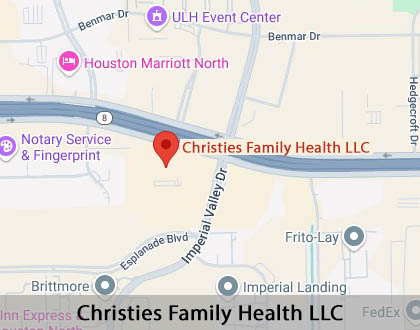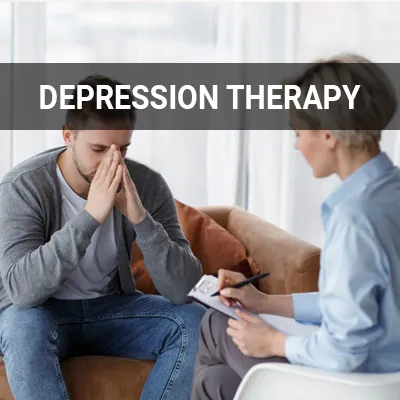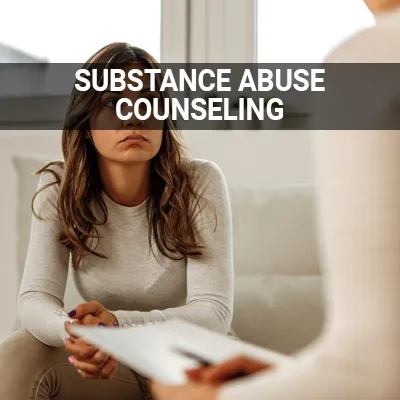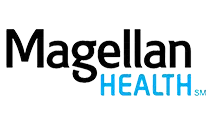Relapse Prevention Houston, TX
Relapse prevention is a common practice among patients recovering from substance abuse disorders. The term refers to when a person returns to the use or consumption of alcohol or other drugs after recovery. It is not uncommon for recovered patients to fall back into their addiction, which could be why relapse prevention is part of treatment. A professional program can provide the necessary guidance to help patients avoid a return to substance use.
For most patients, the recovery process never truly ends. It is important to know where to turn for help when in need of additional support. Relapse prevention is available at Christies Family Health LLC and the surrounding area. Call us at 832-915-1818 to learn how professional help can teach certain skills needed to stay sober.
Understanding Relapse Prevention
While completing a treatment program is a huge accomplishment, it is just another step on the journey to recovery. Even after completing a treatment program, between 40-60% of patients experience a relapse during their recovery. Patients likely learn many tools to help manage their substance abuse disorder, but everyday situations can pose new challenges to stay clean. Relapse prevention is when a medical professional, such as a psychiatrist, and the patient identify situations and behaviors that increase their risk for relapse. This can include internal triggers, such as stress, and external signals, like seeing people associated with their substance use.
The patient and psychiatrist then collaborate to develop relapse prevention strategies to manage those high-risk situations. By developing advanced coping mechanisms, they can begin approaching challenging situations with confidence that helps prevent falling back into old habits. A relapse prevention plan may include monitoring options, medications, case management, and drug testing to help achieve sobriety.
“While completing a treatment program is a huge accomplishment, it is just another step on the journey to recovery.”
Benefits of Professional Relapse Prevention
Professional relapse prevention grants peace of mind having an addiction professional available for support and advice at all times. Patients often feel better about having a relapse prevention plan tailored to their individual needs. Our staff can help design continued treatment such as therapy and support groups and organize a daily schedule. A relapse prevention plan aims to provide the tools, support, and resources necessary for staying sober.
Studies have shown that patients are more likely to relapse if they do not use aftercare services such as peer support groups or counseling. By choosing professional services instead of trying to manage short and long-term recovery on their own, patients are assured of having a structured monitoring program and follow-up appointments to help them stay on track. Choosing professional services prevents the need to shoulder the responsibility of recovery alone.
“Professional relapse prevention grants a peace of mind having an addiction professional available for support and advice at all times.”
Reasons to Seek Relapse Prevention
Substance abuse disorders cause changes to the brain’s neurological and chemical processes. This can make it very hard for those trying to recover from addiction to resist the urge to use again, even after completing a treatment program. Situations that can trigger a relapse include:
- Negative emotions caused by frustration, depression, or anxiety
- Positive emotions such as remembering how it felt to use drugs
- Direct or indirect social pressure
- Negative relationships
Relapses remain common during the early stages of recovery. For patients who have already struggled in their recovery, or even suffered a relapse, a professional relapse prevention program can provide the skills, education, and support needed to be successful. Relapse prevention provides the self-confidence and knowledge needed to confront all of those situations without fear of relapse.
“Relapse prevention provides the self-confidence and knowledge needed to confront all of those situations without fear of relapse.”
Check out what others are saying about our mental wellness services on Yelp: Relapse Prevention in Houston, TX
The First Relapse Prevention Appointment
During the first relapse prevention appointment, our staff conducts an assessment to learn about the patient’s personal and medical history. This helps identify any factors that could trigger a relapse. The patient and their appointed psychiatrist will work together to create a detailed relapse prevention plan, including mapping out responses to any triggering scenarios, such as attending a support group when dealing with feelings of loneliness.
Relapse prevention can incorporate several different approaches ranging from medication to cognitive behavioral therapy. Since addiction recovery is different for each person, our staff will design a unique plan that aligns with the strategies and techniques that work for each patient. Patients need to be honest about needs and goals for long-term recovery, so they can receive the most comprehensive relapse prevention plan.
“During the first relapse prevention appointment, our staff conducts an assessment to learn about the patient’s personal and medical history.”
Questions Answered on This Page
Q. What is relapse prevention?
Q. What are the benefits of professional relapse prevention?
Q. Why should I seek out relapse prevention?
Q. What happens during the first relapse prevention appointment?
The Treatment Process
The relapse prevention process may consist of medications, behavioral interventions, or a combination of the two. Medications work to relieve the physical aspect of cravings, while behavioral therapy can help the patient mentally deal with the triggers that bring on the need to use drugs. Treatment plans typically involve individual and group therapy sessions and, at times, family counseling or parenting classes.
Role-playing is a commonly used approach. That is when the clinician and the patient act out an upcoming or common real-life scenario to practice applying any skills learned. Patients can also expect to continue practicing these skills on their own to address potentially high-risk situations. One example of this is using exercise to cope with anxiety.
Relapse prevention can be incorporated into regular treatment plans also, such as residential treatment and outpatient programs. Patients can learn the necessary skills during group and individual therapy sessions. As with any treatment program, patients must fully participate in their relapse prevention plan to be successful.
“The relapse prevention process may consist of the use of medications, behavioral interventions, or a combination of the two.”
Frequently Asked Questions
Q. What is relapse prevention?
A. Relapse prevention helps patients identify and prevent the triggers and situations that can lead to a return to substance use. It is considered a key component to achieving a successful, long-term recovery from addiction. Relapse prevention plans get tailored to the patient’s individual needs.
Q. Why is relapse prevention important?
A. Since a relapse can happen at any time during the recovery process, relapse prevention helps teach you coping skills needed to stay on track and avoid potentially dangerous situations. Once you have been sober for a while, your body loses its tolerances for any substances you once used. A relapse can put you at high risk for serious medical complications, including overdose.
Q. What are some relapse triggers?
A. Triggers can include people, places, situations, or emotions that increase a desire to use drugs. By identifying and understanding your triggers, you can learn how to respond to them more healthily. Managing your triggers represents a vital part of relapse prevention.
Q. What should I do if I relapse?
A. The first step is to recognize that you have made a mistake and take whatever action necessary to get help. A professional relapse prevention program will provide you with a dedicated support structure to get you back on the road to recovery.
Change Is Possible – Call Us Today
Life isn't always easy. Are you struggling? Are you looking for a highly personalized and professional approach tailored to your individual needs? Instead of waiting around, call us today. You should know that there is hope for a better tomorrow.
Definitions
Learn More about Relapse Prevention
Relapse prevention strategies are designed to help a patient achieve long-term, self-sustaining recovery. Let our professionals design a plan that will allow you to live a life free from the fear of relapse. Call us 832-915-1818 to schedule a consultation and explore relapse prevention today.
Helpful Related Links
- Agency for Healthcare Research and Quality. Agency for Healthcare Research and Quality. 2024
- American Psychiatric Association (APA). American Psychiatric Association (APA). 2024
- Psychology Today. Psychology Today. 2024
- The American Board of Professional Psychology. The American Board of Professional Psychology. 2024
- The American Journal of Psychology. The American Journal of Psychology. 2024
- The National Association of Behavioral Healthcare. The National Association of Behavioral Healthcare. 2024
About our business and website security
- Christies Family Health LLC was established in 2021.
- We accept the following payment methods: American Express, Check, Discover, MasterCard, and Visa
- We serve patients from the following counties: Harris County
- We serve patients from the following cities: Houston, Aldine, Jersey Village, Humble, and East Aldine
- Norton Safe Web. View Details
- Trend Micro Site Safety Center. View Details
Back to top of Relapse Prevention

















